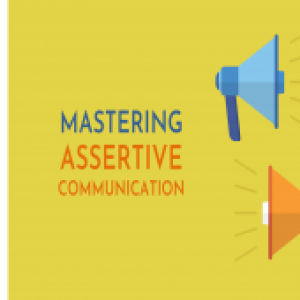Human Resource (HR) management is a vital aspect of any organization. HR managers are responsible for recruiting, training, and retaining talented employees, managing employee benefits, and developing strategies to ensure employee satisfaction and motivation. The most successful HR managers have developed habits that help them manage their responsibilities effectively. In this article, we will discuss the top seven habits of successful HR managers.
-
Strong communication skills HR managers are responsible for communicating with employees, management, and stakeholders. They must have excellent verbal and written communication skills to convey messages effectively. Successful HR managers use clear and concise language, active listening, and open ended questions to understand the needs and concerns of employees.
-
Strong organizational skills HR managers must manage multiple responsibilities such as recruiting, training, and employee relations. They must be highly organized and able to manage their time effectively. Successful HR managers use tools such as calendars, project management software, and to_do lists to manage their responsibilities and ensure that nothing falls through the cracks.
-
Active listening skills Listening is an essential skill for HR managers. They must listen actively to understand the concerns and needs of employees. Successful HR managers use active listening techniques such as paraphrasing, summarizing, and asking open ended questions to show empathy and understand the employees perspective.
-
Empathy Successful HR managers understand that employees have unique needs and concerns. They use empathy to connect with employees and create a positive work environment. Empathetic HR managers understand the employees perspective and use this information to create policies and programs that meet the employees needs.
-
Continuous learning HR managers must stay updated on the latest industry trends, regulations, and best practices. Successful HR managers are committed to continuous learning and professional development. They attend conferences, read industry publications, and network with other HR professionals to stay up to date on the latest trends and best practices.
-
Attention to detail HR managers must be detail oriented to ensure that they comply with regulations and policies. They must pay attention to every detail when it comes to employee files, compensation, benefits, and other HR related tasks. Successful HR managers are meticulous and ensure that everything is accurate and up to date.
-
Strategic thinking HR managers must think strategically and develop plans and programs that align with the organizations goals and objectives. They must understand the organizations culture, mission, and vision and create programs that support these values. Successful HR managers use a data driven approach to create programs that improve employee engagement, reduce turnover, and increase productivity.
In conclusion, the most successful HR managers have developed habits that help them manage their responsibilities effectively. They have strong communication skills, organizational skills, active listening skills, empathy, a commitment to continuous learning, attention to detail, and strategic thinking. By adopting these habits, HR managers can create a positive work environment, improve employee engagement, and contribute to the organizations success.
–










There are no reviews yet.